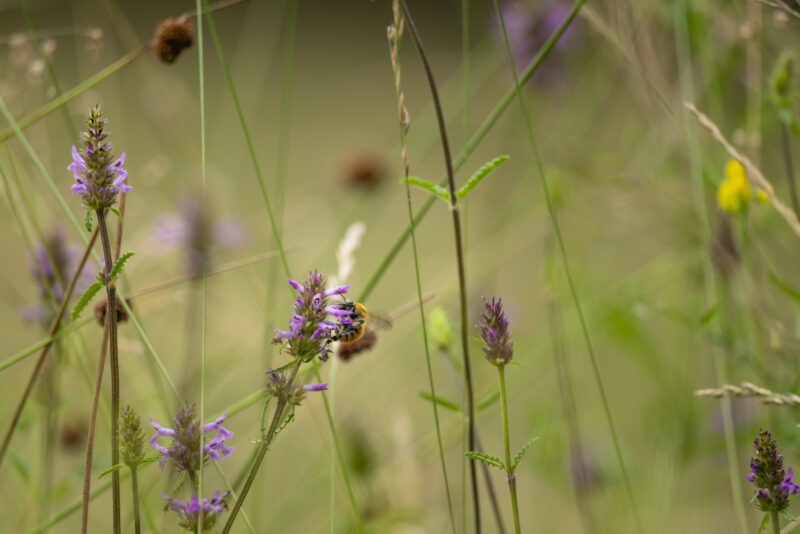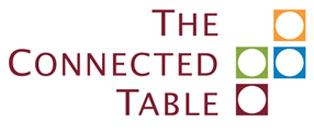What do bats and bees have to do with biodiversity?
We posed that question to Marie-Catherine Dufour, Technical Director for the Bordeaux Wine Council (C.I.V.B.). Dufour oversees a multi-disciplinary team responsible for defining and implementing comprehensive strategies throughout Bordeaux with measurable impact on the regional and global levels. Some of these tactics include clonal selection, the approval of new grape varieties, vine management policies, and management of biodiversity, environmental certification, and climate change initiatives.
Dufour’s answer to our question was simple: Bats and bees help support a healthy ecosystem in the vineyards. Bats provide natural pest control and bees are important pollinators. In fact, bats and bees are both protected species within the European Union. Dufour’s research in the vineyards of Bordeaux has demonstrated that bats and bees are powerful natural allies that encourage biodiversity.

Bats provide natural pest control. Photo credit: Yohan Charbonnier
“Bats are our best friends in Bordeaux, as they’re essential to helping balance the ecosystem and control pests in a natural way,” Dufour told us. “For example: Bats eat the larvae of grape moths, a certain species that preys on grapes. Our research has shown that bats consume between 500 and 1,500 insects per night, including grape moths and mosquitos. With more bats in the vineyard, we can reduce the use of pesticides. We have 19 of the 22 bat species in Bordeaux and we want to create the best conditions possible to welcome them in the vineyards.”
Bees also contribute to a healthy ecosystem: By pollinating the flowers and plants in the vineyards, they help propagate a healthy cover crop for the vines. That’s one reason vintners promote beehives in their vineyards. Dufour explained that the Bordeaux Wine Council is studying the benefits of domestic bees and other wild pollinators along with different soil types to understand ways to better manage pests, encourage pollination and improve overall soil quality and vigor.

Bees are natural pollinators in the vineyard. Photo courtesy of the C.I.V.B.
“We aim to create a new natural balance in our ecosystems to reduce both the use of pesticides and the emissions of greenhouse gases,” Dufour shared. “It’s part of a 20-year, multi-disciplinary, long-term strategy we have implemented at the Bordeaux Wine Council in collaboration with the region’s producers to collectively adopt responsible practices that meet social, societal and environmental requirements.”
Bordeaux’s measurable results have been impressive. To date, the region has reduced its carbon emissions by 24% since 2012 and plans to achieve a 54% reduction in emissions by 2030. As of 2021, 75% of Bordeaux vineyards are certified sustainable as compared to 35% in 2014. Overall organic vineyard area increased by 43% in 2021, and today almost 20% of Bordeaux vineyards are fully certified organic. C’est magnifique!

Field of flowers among the vines. Photo courtesy of the C.I.V.B.
For information and resources visit: www.Bordeaux.com
Listen to our podcast with Marie-Catherine Dufour, Technical Director, Bordeaux Wine Council
